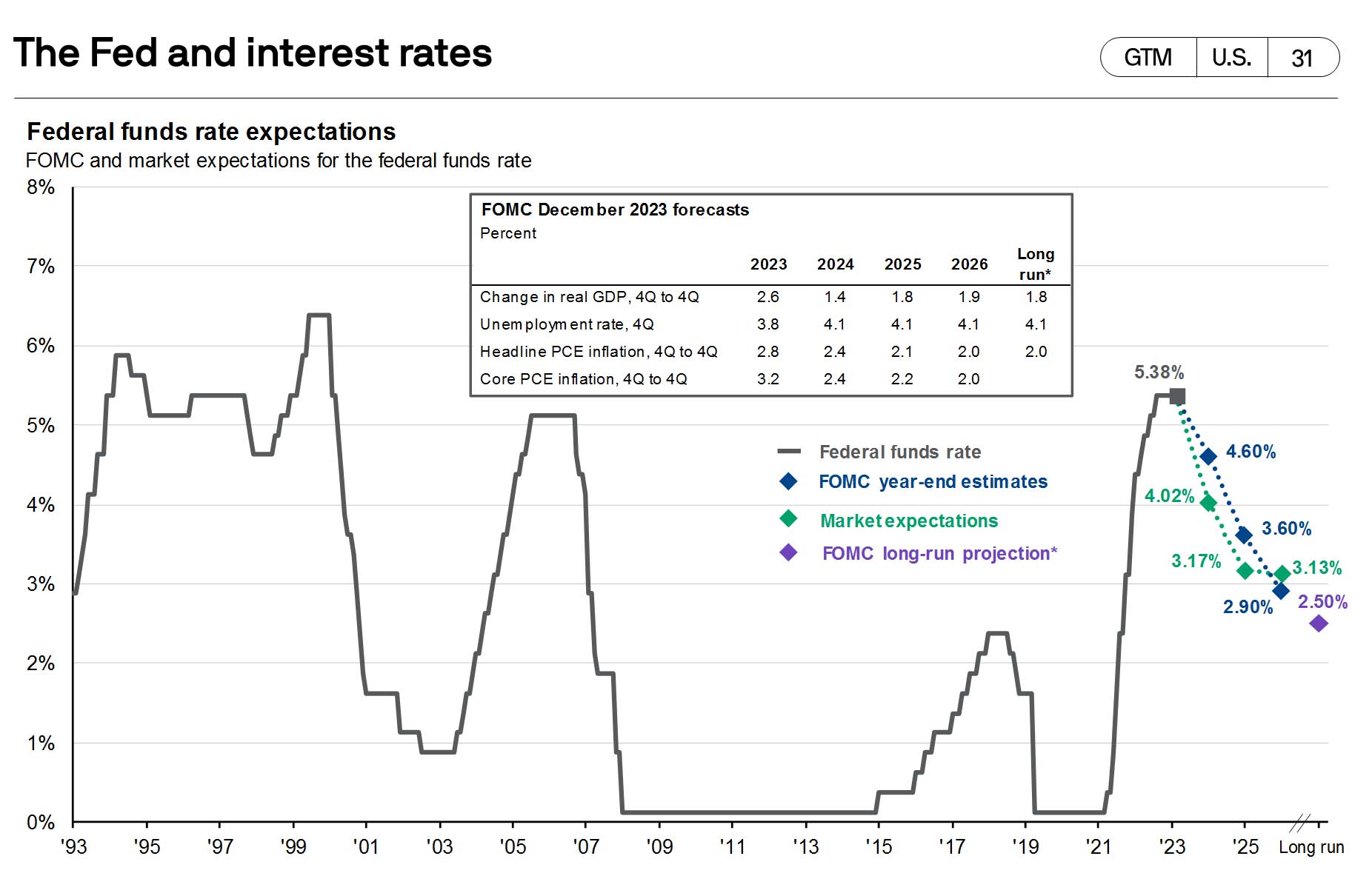This month we are digging into what money markets are and how they work. First, it is important to make a distinction between money market mutual funds and money market accounts.
Money Market Accounts are savings accounts issued by banks that take cash deposits, are obligations of the bank, and are FDIC insured. They have no trading and often have limitations on how many withdrawals you can make each month.
Money Market Funds are SIPC and Excess SIP insured and are traded with a 1-day settlement time. The goal of these funds is to pay out a dividend each month while maintaining a stable $1.00 per share value. If that value were to change, it would be referred to as breaking the buck. These funds come in a variety of risk tolerance and tax treatment.
What we would like to show you is what to expect with the rates on these funds, should they consistently pay their yield. As an investor, you maintain liquidity in that it is a mutual fund and that there is no time frame that it needs to be held, nor any penalties associated with purchases and sales.
To maintain that liquidity, they are generally* investing in short term fixed income instruments that continue to mature and therefore be reinvested. The risk that is associated with this is called reinvestment risk, meaning that that if the manager has a 3-month treasury that yielded 5.25%, they have to reinvest that at the going rate today, which could be higher or lower.
Due to that reinvestment risk, you will likely see the projected yield of these funds rise and fall in line with short term fixed income instruments that you could buy on the open market or at a financial institution. So, in a high interest rate environment, like we are in today, it is paying a high yield whereas in a 0% environment, like in 2020 for example, many of these funds paid nearly 0% at the time.
The chart below is the dot plot from the Fed, and we can summarize that when rates are high, these funds are paying high yields, whereas when they are low, the yields were minimal.

The Bottom Line
Keep in mind that while 5% + yields that we are seeing today sound great, inflation is still running at nearly 4%, so this is letting you maintain your purchasing power, not necessarily increase it by a 5% real rate of return.
Money Market Funds (MMFs) may be a suitable option for investors whose primary goal is the preservation of capital but who are also able to accept minimal risk in exchange for a modest return on cash balances.
It is crucial for investors to recognize that, similar to ultra-short bond funds, money market funds are mutual funds and may lose principal value.
While the regulation around money market funds has become more stringent, it should not be forgotten that MMFs are investments, not bank accounts. MMFs today are exposed to more limited risks than in the past, and still retain relatively low risk when compared to other short-term investment products.
Source: Bloomberg, FactSet, Federal Reserve, J.P. Morgan Asset Management. Market expectations are based off of USD Overnight Index Swaps. *Long-run projections are the rates of growth, unemployment and inflation to which a policymaker expects the economy to converge over the next five to six years in absence of further shocks and under appropriate monetary policy. Forecasts are not a reliable indicator of future performance. Forecasts, projections and other forward-looking statements are based upon current beliefs and expectations. They are for illustrative purposes only and serve as an indication of what may occur. Given the inherent uncertainties and risks associated with forecasts, projections or other forward-looking statements, actual events, results or performance may differ materially from those reflected or contemplated. Guide to the Markets – U.S. Data are as of January 31, 2024. View Chart Here. The foregoing information has been obtained from sources considered to be reliable, but we do not guarantee that it is accurate or complete, it is not a statement of all available data necessary for making an investment decision, and it does not constitute a recommendation. Any opinions are those of Forman Investment Services and not necessarily those of Raymond James. An investment in a money market fund is neither insured nor guaranteed by the FDIC or any other government agency. Although the fund seeks to preserve the value of your investment at $1.00 per share, it is possible to lose money by investing in the fund. Investors should consider the investment objective, risks, charges, and expenses carefully before investing. The prospectus, which contains this and other important information, is available from your Financial Advisor and should be read carefully before investing. CSP# 416393
About Forman Investment Services

If you are not familiar with us, Forman Investment Services is an independent practice located in Columbus, Indiana focusing on Family Wealth Management and generational planning. We serve clients not just locally, but across the country and globe. In today’s day and age, especially after experiencing COVID, we are very comfortable communicating from any distance whether it be in person, a Zoom call, or by phone. We confidently adapt to our clients lives and unique relationship in the style of communication and complexity.
Our planning encompasses much more than choosing investments, as we must consider tax/estate planning, education funding, insurance, retirement planning, and so much more. We work with a select group of clients who value time, family, and recreation, and need today’s investment, tax, and estate planning complexities coordinated for them. We also provide one-time plans to those that are not in need of an ongoing advisor relationship yet to help get you on the right track.
Reach out to us for an introduction if you are interested in learning more!
Any opinions are those of Forman Investment Services and not necessarily those of Raymond James. Investing involves risk and you may incur a profit or loss regardless of strategy selected. Raymond James and its advisors do not offer tax or legal advice. You should discuss any tax or legal matters with the appropriate professional. Prior to making an investment decision, please consult with your financial advisor about your individual situation.


 Raymond James financial advisors may only conduct business with residents of the states and/or jurisdictions for which they are properly registered. Therefore, a response to a request for information may be delayed. Please note that not all of the investments and services mentioned are available in every state. Investors outside of the United States are subject to securities and tax regulations within their applicable jurisdictions that are not addressed on this site. Contact your local Raymond James office for information and availability.
Raymond James financial advisors may only conduct business with residents of the states and/or jurisdictions for which they are properly registered. Therefore, a response to a request for information may be delayed. Please note that not all of the investments and services mentioned are available in every state. Investors outside of the United States are subject to securities and tax regulations within their applicable jurisdictions that are not addressed on this site. Contact your local Raymond James office for information and availability.